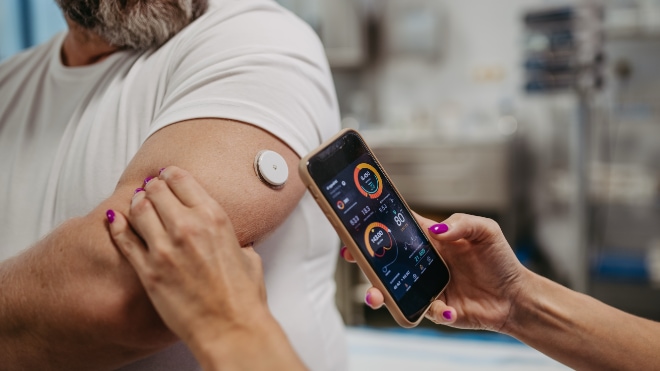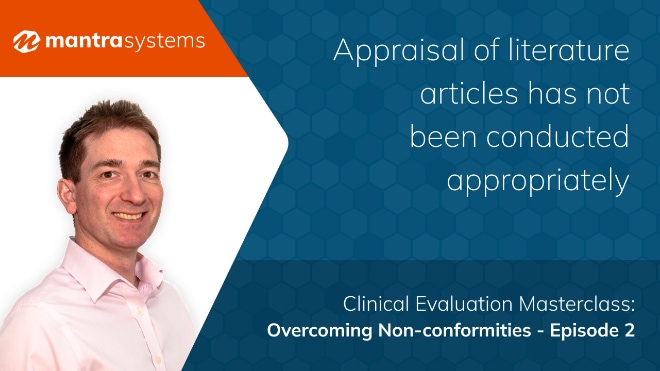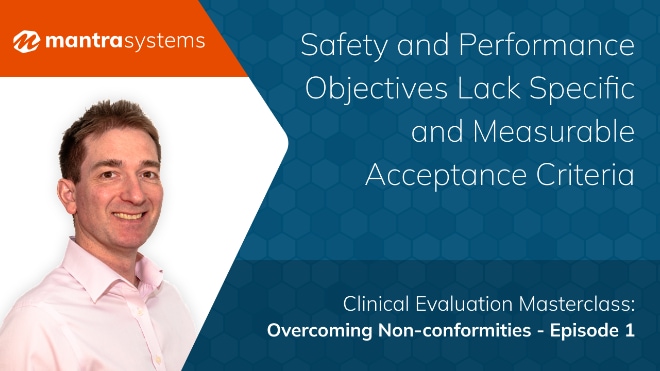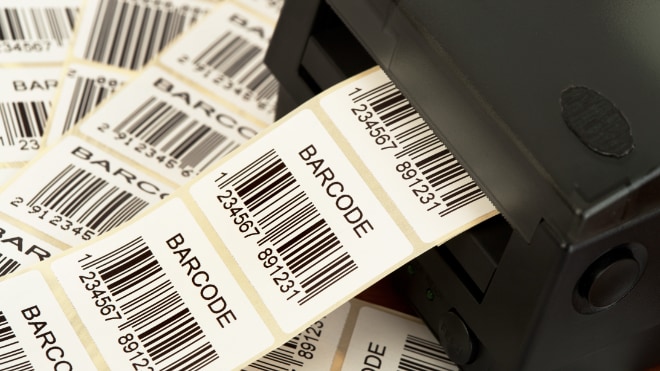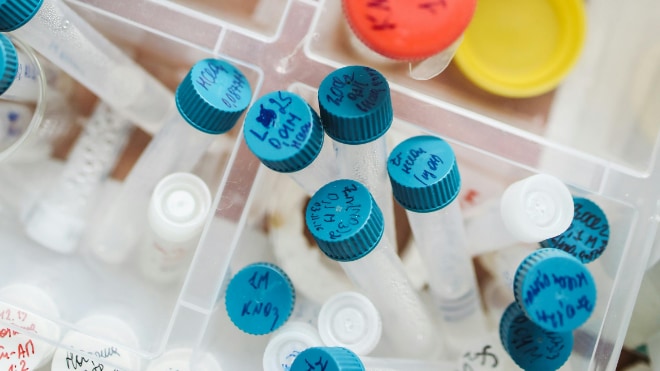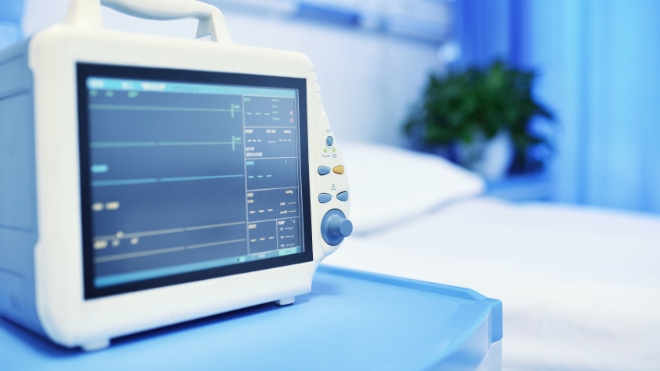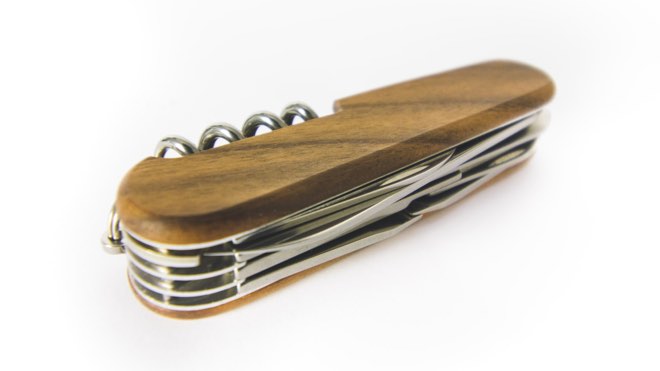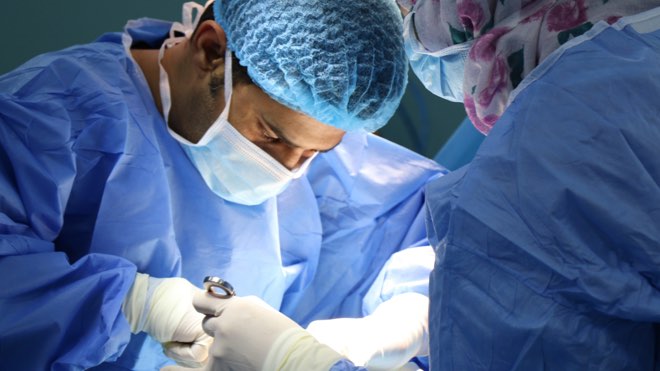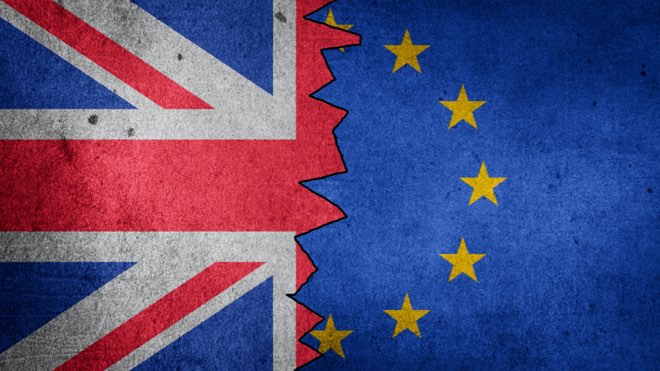
If you are considering outsourcing your medical device Clinical Evaluations to a CEP & CER writer, you are certainly not alone.
Writing CERs and CEPs is a complex challenge that calls for extensive experience and a thorough understanding of the MDR, relevant guidelines and applicable standards. For this reason, many companies prefer to outsource to an expert rather than struggle internally and risk non-compliance.
However, with a broad and confusing range of support options available, how can you be sure you are choosing the best supplier for your needs? What factors should you consider when choosing a contractor for writing your CEPs and CERs?
We’ve compiled a list of considerations that will help you make the right choice when choosing a medical CEP & CER writer for your Clinical Evaluations.
1. Fixed and fair price
Sounds obvious - but do you actually know what you will need to pay? Clinical Evaluation is a complex and time-consuming process, so be wary of any offers that charge per unit time or that cap working time before extra charges kick in.
Instead, look for suppliers that will commit to a fixed price in advance with no hidden extras. This way, you’ll have control of your budget and won’t be at risk of the ‘sunken cost fallacy’.
On the flip side, be wary of choosing a CEP / CER writer on the basis of price alone - while it’s important, it shouldn’t be the only factor to be considered when making a decision.
2. Fixed timeline
Always look for a supplier that will commit to a specific completion date for the work, with regular check-ins throughout the process. This helps ensure that you stay well ahead of any submission deadlines and in full control.
A CEP / CER writer that will readily commit to a deadline on paper is generally one that has your interests at heart.
3. Do they have the right credentials?
It’s vital that those tasked with writing your CERs and CEPs are appropriately qualified to do so.
- What assurances can you get that your potential supplier will have suitable regulatory and subject matter expertise?
- What level of experience do they have?
Be wary of suppliers who are not open about the qualifications of their writers and reviewers; instead, look for those who provide tangible reasons why their writers will fulfil requirements for knowledge, experience and objectivity.
4. Do they claim or demonstrate expertise?

There’s an important difference between the two. Plenty of suppliers claim to be experts without doing anything to back up these claims on a public forum. To what extent have they “put themselves out there”
and faced unfiltered questions from medical device manufacturers?
Look for suppliers who have shown a readiness to demonstrate their knowledge and expertise, rather than simply claim it. Be sure to check out any videos or previous Q&A sessions they have run and pay close attention to how knowledgeable they really are.
5. How good is their communication?
A prospective supplier’s website, emails and marketing material are all great ‘try before you buy’ screening opportunities that reveal the standard of writing you can expect. Don’t risk entrusting complex technical writing to a supplier who makes basic errors in their own material.
Instead, look for CEP / CER writers who adhere to the highest standards of written communication in all aspects of their business.
6. Responsiveness
- How quickly do prospective suppliers get back to you after an enquiry?
- Do they make you feel valued and important right from the outset, or are you left waiting while being told that ‘your enquiry is important’?
- Is your enquiry handled personally by a named individual, or through a ‘boilerplate’ interface and a call centre?
Clinical Evaluation done properly is a collaborative process that calls for effective and bilateral communication. Look for suppliers who build an instant rapport and put you in direct contact with members of the project team.
7. Dedicated focus or bolt-on service?
Clinical Evaluation is not something that lends itself to non-specialists. For this reason, look for suppliers who focus specifically on CERs and CEPs rather than those who bury their Clinical Evaluation service amongst a multitude of others.
You can’t expect a specialist, dedicated service from a non-specialist. If you can’t easily find details of a Clinical Evaluation service on a supplier’s website, it’s time to move on.
8. Do they stand by their work?
Look for suppliers who will stand by the quality of their work and provide FREE ongoing support once the CER and/or CEP have been submitted to a Notified Body. After all, why would any company refuse to do this if they truly believed in the standard of their work?
The bottom line
Clinical Evaluation services from Mantra Systems
Choosing the right CER writer is a key decision when outsourcing the writing of medical device Clinical Evaluations. Making a selection based on price alone can be a costly mistake; instead, focus on the above criteria and make a choice based on proven factors that will directly impact the quality of work delivered.
Questions? Email a member of our friendly team, or call +44(0)114 299 8889 to speak directly with one of our expert medical writers. We promise: no phone menus, no waiting, no obligation and complete confidence.



